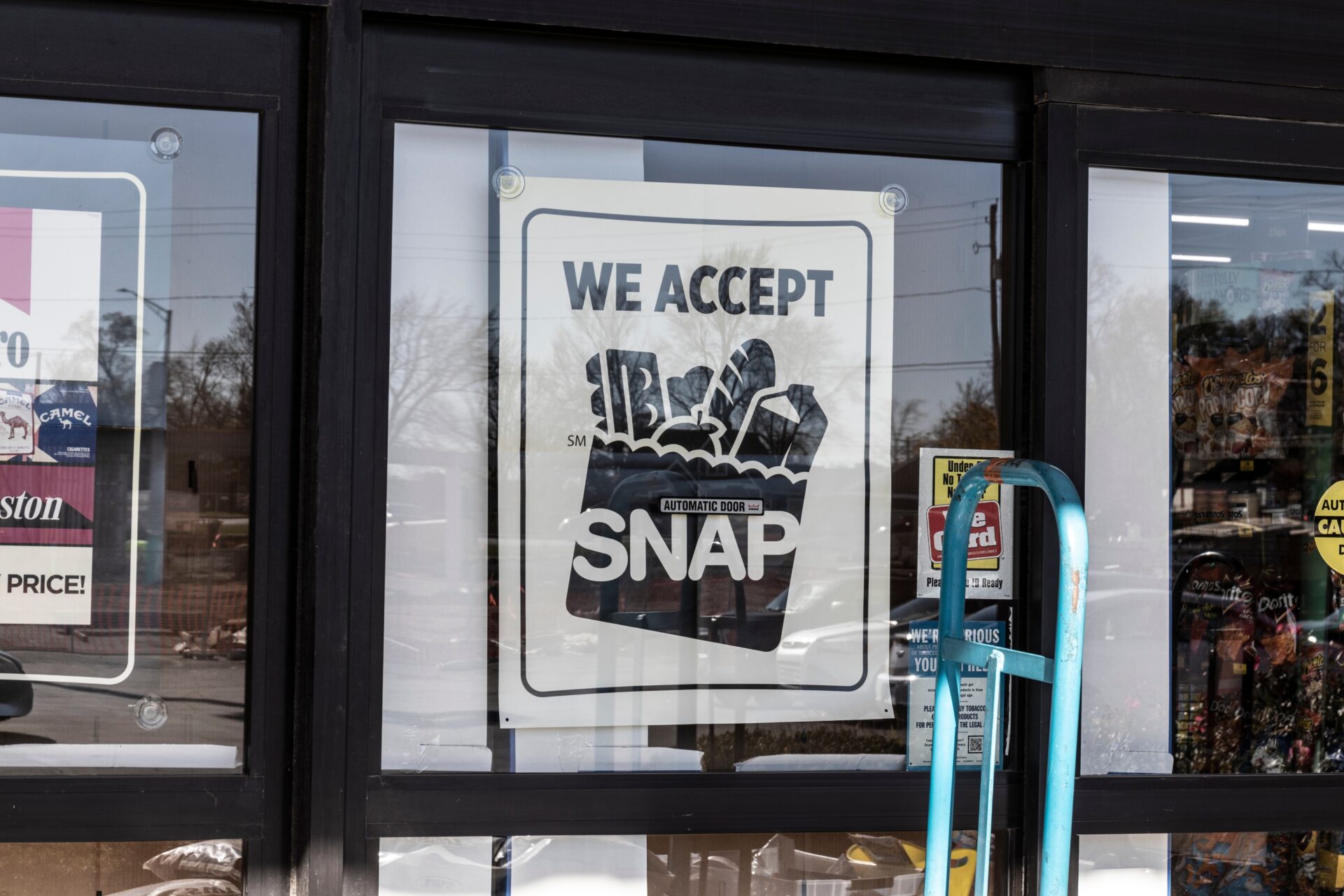
Reform vs. Safety: Can Philly Trust Krasner?
Philadelphia’s progressive District Attorney Larry Krasner secured a decisive primary victory, setting the stage for a third term despite rising homicide rates during his tenure and criticism over his soft-on-crime policies.
At a Glance
- Krasner defeated moderate challenger Pat Dugan by nearly 30 percentage points in the Democratic primary with no Republican challenger in the general election
- Philadelphia saw homicides increase from 351 in 2018 to 562 in 2021 under Krasner’s tenure, though officials report violent crime has recently dropped
- Krasner received significant financial backing from outside Philadelphia, including supporters tied to George Soros
- The Pennsylvania House impeached Krasner in 2022, but the proceedings did not meet constitutional requirements
- Krasner’s progressive policies include ending cash bail for some offenses, reducing sentences, and decreasing parole monitoring
Decisive Victory for Progressive Prosecutor
Larry Krasner, Philadelphia’s progressive district attorney, secured a commanding victory in Tuesday’s Democratic primary election. With 83% of votes counted, Krasner led moderate challenger Pat Dugan by approximately 30 percentage points. The win essentially guarantees Krasner a third term as no Republican candidate is running in the general election, continuing his control over criminal justice policies in Pennsylvania’s largest city since his first election in 2017.
Krasner, who began his career as a public defender in the late 1980s before starting his own practice in 1993, has championed criminal justice reforms throughout his tenure. His administration has focused on supporting crime victims, exonerating the wrongfully convicted, reducing incarceration rates, and increasing police accountability. In his victory speech, Krasner referenced sports terminology, saying, “I think in Kansas City they would like to call it a three-peat. But in Philly, we do call it a three-peat.”
Rising Crime Statistics and Policy Controversies
Krasner’s time in office has been marked by significant increases in violent crime, particularly homicides. Philadelphia saw homicides rise from 351 in 2018 to a peak of 562 in 2021 during Krasner’s administration. This spike led to intense criticism from law enforcement officials and moderate Democrats who argue his policies have made the city less safe. Dugan’s campaign centered on these concerns, criticizing Krasner’s decisions to end cash bail for certain offenses and reduce sentences for various crimes.
“Trump likes crime. Fascists like crime. Right-wing Republican MAGA people like crime and they like it because it gins up a crisis that doesn’t have to be, which allows them to scapegoat different groups of marginalized people so they can eliminate our rights. This is a very old playbook.”, said Larry Krasner.
Despite these criticisms, Krasner’s campaign has pointed to recent Philadelphia police data showing decreases in homicides and violent crime since 2021, with officials reporting that violent crime has reached a 20-year low in early 2024. This improvement may have helped secure his victory, though opponents argue the statistics don’t tell the complete story about public safety in the city’s neighborhoods.
Campaign Financing and Political Support
The primary race highlighted stark contrasts in financial backing. Despite raising nearly double Krasner’s campaign funds ($900,700 compared to Krasner’s $499,900), Dugan was unable to translate this financial advantage into electoral success. Krasner received significant financial support from outside Philadelphia, including from Ben Cohen, co-founder of Ben & Jerry’s, and Patricia Quillin, wife of Netflix CEO Reed Hastings, with connections to George Soros-backed initiatives supporting progressive prosecutors nationwide.
“For the sake of our neighborhoods, our families, and the soul of this city—I truly hope he succeeds.”, said Pat Dugan.
Krasner’s campaign frequently focused on national political themes, with the district attorney referring to his opponents as “fascists” and “bullies who need to be punched in the face as hard as possible.” This nationalization of local issues proved effective in mobilizing his progressive base. Though the Philadelphia GOP encouraged voters to write in Dugan’s name for the Republican nomination, Dugan’s campaign manager stated he would decline such a nomination, effectively ending any chance of a November challenge to Krasner.
Looking Ahead to a Third Term
As Krasner prepares for his third four-year term, questions remain about his ability to address Philadelphia’s persistent crime issues while maintaining his progressive approach to criminal justice. The Pennsylvania House previously impeached Krasner in 2022, though the proceedings did not meet constitutional requirements to remove him from office. This political conflict illustrates the deep divisions over appropriate approaches to public safety and criminal justice reform that continue to define Philadelphia’s governance.
In his concession, Dugan congratulated Krasner and expressed hope for his success, acknowledging the importance of the district attorney’s role in ensuring public safety. As Krasner moves toward another term, his policies will continue to be closely scrutinized by both supporters who see him as a champion of necessary reforms and critics who blame his approach for deteriorating public safety conditions in parts of the city.


